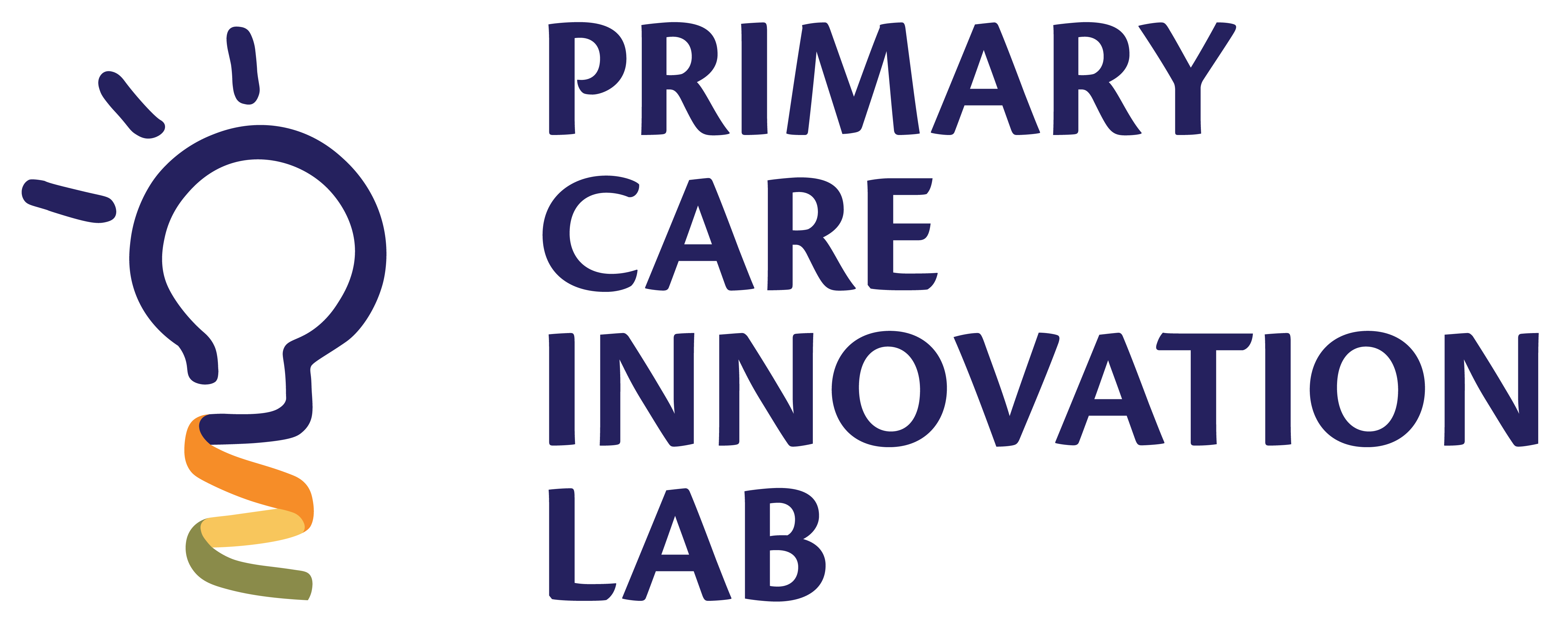Vision:
To empower primary care and community-based care organizations to effectively implement the best screening, diagnostic and monitoring technologies to improve patient care and outcomes.
Mission:
To generate evidence to accelerate the research and development of emerging diagnostic and monitoring technologies to improve health care delivery, reduce disease burden, and control health care cost growth.

What is Primary Care?
Primary care is “accessible, comprehensive, coordinated and continual care delivered by accountable providers of personal health services.” The majority of patients in the United States receive most of their care in primary care settings such as family medicine, general internal medicine, and pediatrics, as well as with many related health professionals in roles such as pharmacy, home health, assisted living etc. Primary care providers increasingly have key roles in coordinating care across the health care system over the patient’s life continuum. There are approximately 1 billion consultations in ambulatory settings per year in the United States.
Effective primary care can be summarized as the ‘Triple Aim’ of a better experience of care, improved health of populations, and at a lower cost. Many of us add a ‘Fourth Aim’ to this, of improving primary care provider satisfaction, recognizing the considerable pressures and rates of burnout in primary care.
At the PCI-Lab, we believe that one way to achieve these aims is through adoption of innovations. There are now a vast array of technology innovators and companies who are focused on primary care. Unfortunately, many of these potential ideas and innovations fail due to:
- Not understanding of the needs, pressures and complexity of primary care
- Insufficient forward thinking or planning for the evidence needed for regulatory approval and clinical buy-in
- Poor understanding of the drivers of implementation and sustainability of new technologies such as impact on providers, on patient workflow, and reimbursement systems.
We bring unique set of skills and experience in clinical practice, clinical study design, needs alignment, informatics, technology development, and workflow integration, that can help to mitigate these barriers, in the complex and challenging environment of primary care.
Leadership

Matthew Thompson
MBChB, MPH, DPhil Helen D. Cohen Endowed Professor, Family Medicine
LinkedIN

Bianca Kiyoe Frogner
PhD, Associate Professor Director of Center for Health Workforce Studies, Family Medicine
LinkedIN

Cynthia LeRouge
PHD, AFFILIATE ASSOCIATE PROFESSOR FAMILY MEDICINE AND HEALTH SERVICES
Linkedin

Victoria Lyon
MPH, Primary Care Innovation Lab Program Manager
linkedin
Affiliate Faculty

Kari Stephens
PhD, Associate Professor Family Medicine

Allison Cole
MD, MPH Assistant Professor Family Medicine



